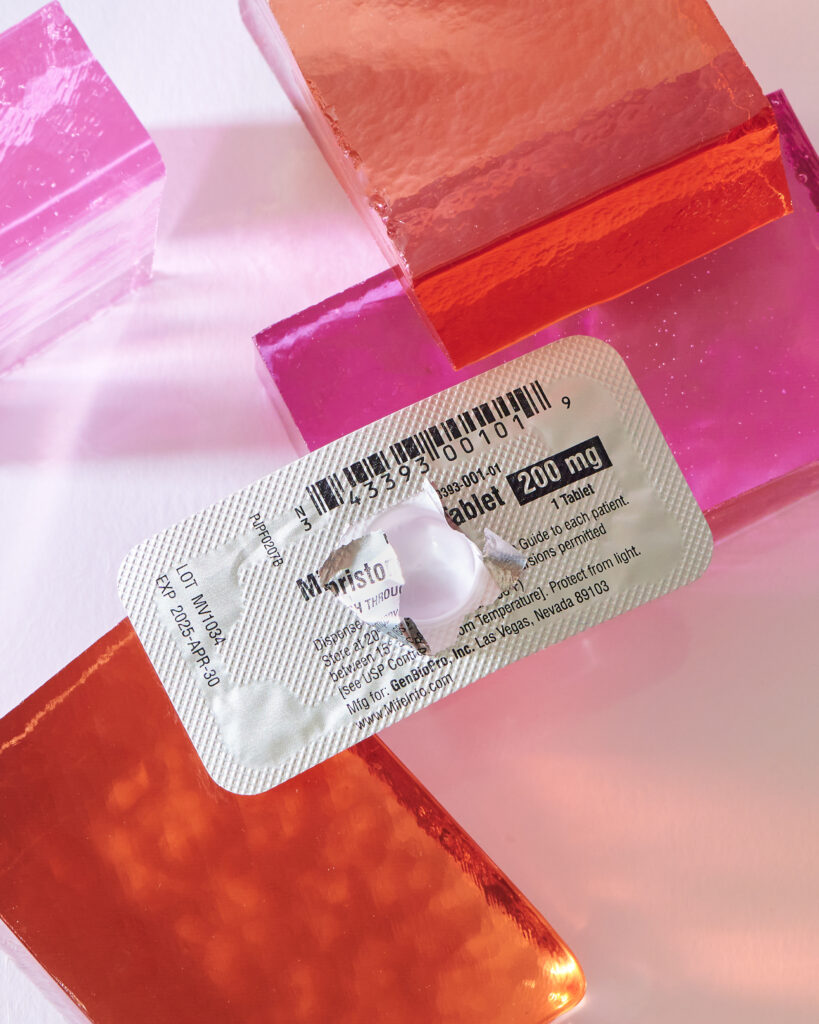New Study Reveals FDA Relied on Cherrypicked Data to Approve Dangerous Mail-Order Abortion Drugs
FOR IMMEDIATE RELEASE: May 13, 2024
Contact: [email protected]
Washington, D.C.—A new peer-reviewed article highlights major flaws in the data used by the U.S. Food and Drug Administration (FDA) to remove medical safeguards and in-person administering of abortion drugs. These flaws illustrate the ongoing problem of lack of quality abortion reporting data in the U.S. as well as in the United Kingdom.
In April 2021, the FDA removed mifepristone’s in-person requirements, temporarily allowing remote access to abortion drugs during the COVID-19 pandemic, later making these changes permanent in December 2021. The FDA identified four studies used to justify this decision. The article’s authors highlight multiple flaws and limitations of the U.S. and U.K. data, including:
- The FDA claimed there were only a small number of reported adverse events from abortion drugs in 2020. However, the FDA removed the requirement for abortion drug prescribers to report non-lethal complications in 2016.
- Three of the studies relied on by the FDA, in general, did not replicate the conditions of use the FDA approved. In any case, they showed considerable rates of failures requiring surgery, as well as many women lost to follow-up with unknown outcomes.
- The fourth study, by Texas pro-abortion researcher Abigail Aiken which reported 99.2% effectiveness in “telemedicine” abortions, relied on a U.K. reporting system that was frequently unaware of abortion drug complications.
- When considering higher quality data which more accurately identifies abortion drug complications in the U.K., there were at least five to ten times as many complications as initially reported – and likely many more.
The study notes that women risk serious complications by taking abortion drugs without in-person medical exams. These include (but are not limited to):
- An inability to perform ultrasounds to screen for complications, such as ectopic pregnancy, which cannot be treated by abortion drugs
- An underestimation of the baby’s gestational age, which will lead to more failed-abortion complications
- An inability to screen pregnant women or girls for coercion and abuse by a partner, family member, or human trafficker
Due to these safety concerns, even leading pro-abortion groups in the U.K., including the Royal College of Paediatrics and Child Health and the National Network of Designated Healthcare Professionals for Children, opposed mail-order abortion drugs, and the U.K. government subsequently sought to ban them. But that was later overruled by a parliamentary vote.
Dr. Calum Miller, research fellow at the University of Oxford, and Dr. Ingrid Skop, a board-certified OB-GYN who serves as vice president and director of medical affairs at Charlotte Lozier Institute, co-authors of the article, added:
“The FDA must follow the science by considering the highest quality studies examining the safety of abortion drugs, and they must follow the laws regulating their actions. They have done neither in their approval and subsequent loosening of safeguards surrounding mifepristone and misoprostol abortions. The FDA must protect the health and safety of women and girls by reinstating critical safeguards and be held accountable to the American people.”
The FDA is currently facing intense scrutiny in the FDA v. Alliance for Hippocratic Medicine Supreme Court case, a landmark case in which a group of doctors challenged the FDA’s reckless approval of mail-order abortion drugs. A decision is expected in June.
Charlotte Lozier Institute was launched in 2011 as the education and research arm of Susan B. Anthony Pro-Life America. CLI is a hub for research and public policy analysis on some of the most pressing issues facing the United States and nations around the world. The Institute is named for a feminist physician known for her commitment to the sanctity of human life and equal career and educational opportunities for women.
###



























